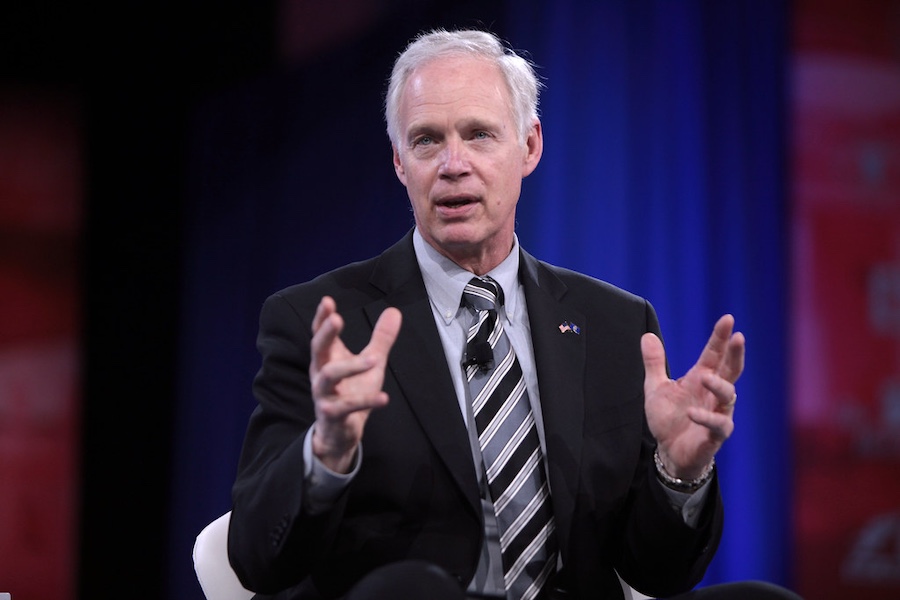Politics
GOP Senator Subpoenas FBI Over Trump Assassination Attempt: ‘Unanswered Questions’

Senator Ron Johnson (R-WI), who chairs the upper chamber’s Permanent Subcommittee on Investigations, announced Friday that he had filed fresh subpoenas for FBI documents pertaining to the attempt on President Donald Trump’s life in Butler, Pennsylvania after failing to receive requested information over the past year.
Johnson is seeking access to all relevant surveillance footage, ballistic analysis, and drone data that could provide additional details on the events leading up to the incident, when 20-year-old Thomas Matthew Crooks opened fire from a nearby rooftop with a clear shot on Trump’s podium. The president was grazed in the ear after turning his head at the last second while Corey Comperatore, a retired firefighter and avid Trump supporter, was killed.
Crooks was also killed in the attack after he was engaged by a Secret Service counter-sniper.
“Nearly one year since the assassination attempt on [President Trump], the American people still have unanswered questions,” Johnson posted on X. “I look forward to [FBI Director Kash Patel’s] full cooperation.”

The subpoena, which was served to the FBI, further seeks access to Crooks’ internet search history, social media activity, email records and call logs.
Johnson was highly critical of the previous administration’s lack of transparency concerning the investigation and is hoping Director Patel will quickly provide access to the information. “I had expected the FBI to be more forthcoming with the public and provide my office with the records we have been seeking for months,” the senator said.
The request comes on the heels of a detailed report on the assassination attempt — the one-year anniversary of which is Sunday, July 13 — from the Government Office of Accountability (GAO).
The report, which was ordered by Senate Judiciary Committee Chairman Chuck Grassley (R-IA), revealed that the Secret Service received classified intelligence regarding an attempt on Trump’s life 10 days before the rally. That intelligence was not passed on to other relevant agencies, nor the president’s personal protective detail, however.
Among other things, the Secret Service agent responsible for analyzing potential threats was inexperienced and was not informed of the potential threat. In addition, the GAO found that the Secret Service agent responsible for “identifying site vulnerabilities” was new to her role. The Butler event was “her first time planning and securing a large outdoor event as the site agent,” the report stated.
Secret Service agents also denied the Donald Trump Protective Division’s request for enhanced counter Unmanned Aerial Surveillance (cUAS) equipment for the Butler event, as “these resources had already been allocated for the Republican and Democratic National Conventions.”

